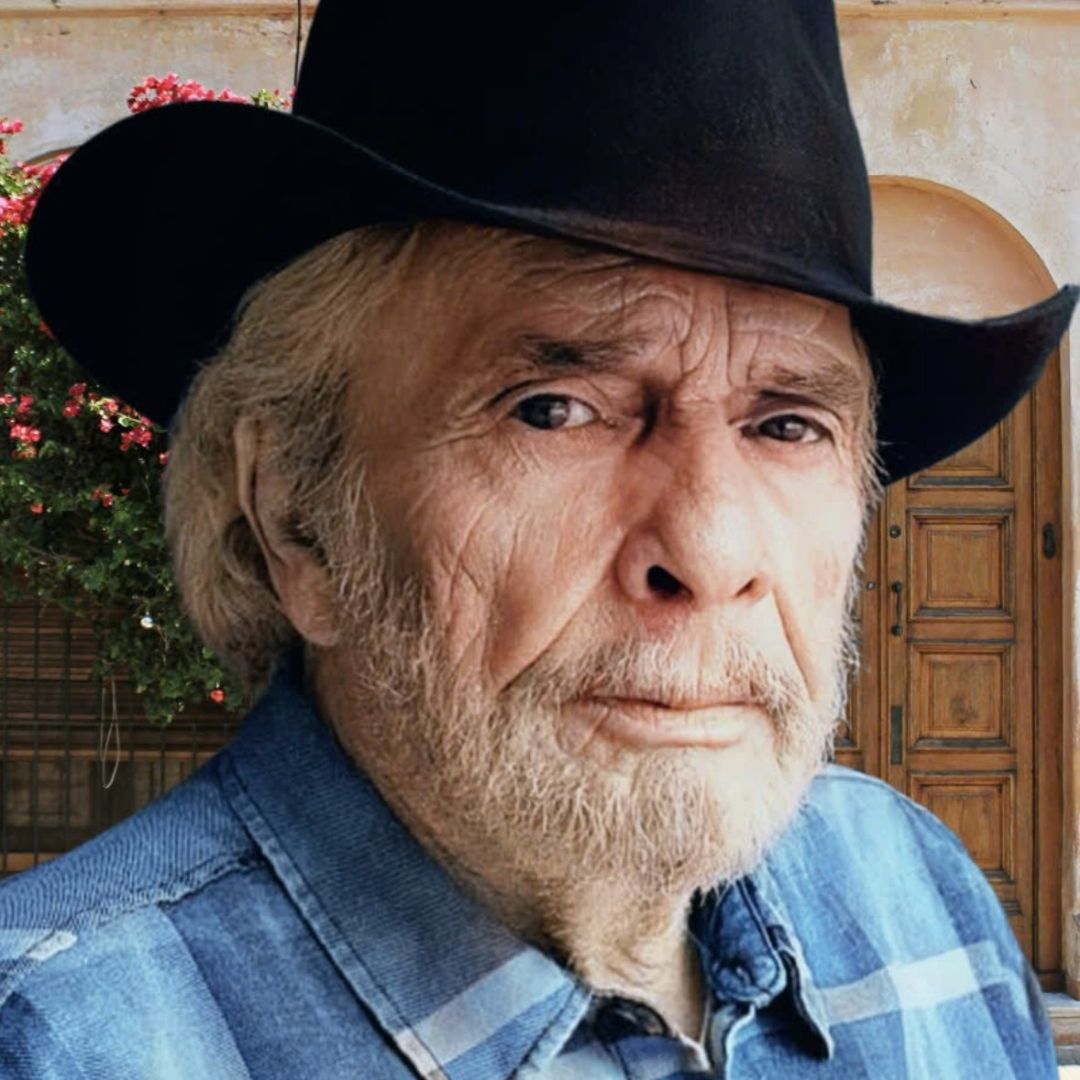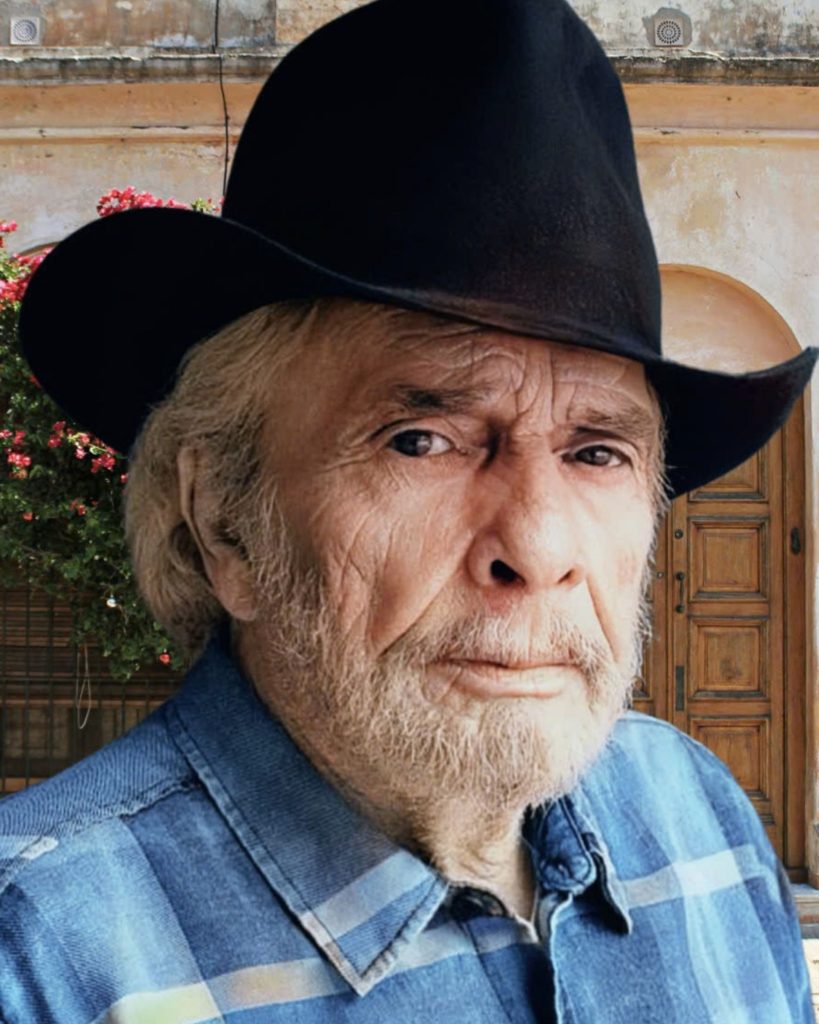Introduction
Growing up, I remember my father strumming his old guitar on the porch, the twang of country music filling the warm summer air. One song that always stood out was Merle Haggard’s “Mama Tried.” I’d sit there, captivated by the raw emotion in his voice as he sang about regret and a mother’s unwavering love. It wasn’t until years later that I learned Haggard wrote this song from a deeply personal place—his own time behind bars in San Quentin Prison. That connection between life and art hooked me instantly, and “Mama Tried” became more than just a tune; it was a story that echoed through generations.
About The Composition
- Title: Mama Tried
- Composer: Merle Haggard
- Premiere Date: Released as a single on July 22, 1968
- Album/Opus/Collection: Featured as the title track on the album Mama Tried (1968)
- Genre: Country (Bakersfield Sound, Honky-Tonk subgenre)
Background
“Mama Tried” was born from Merle Haggard’s tumultuous early life. Written and recorded by Haggard and his band, The Strangers, the song draws heavily on his experience of being incarcerated in San Quentin Prison in 1957 for robbery—a three-year stint that shaped his perspective. Released in July 1968, it became the lead single from the album Mama Tried and quickly climbed to No. 1 on the Billboard Hot Country Singles chart, cementing its place as a cornerstone of Haggard’s career. While not entirely autobiographical (Haggard was never sentenced to “life without parole” as the lyrics suggest), the song reflects the pain he caused his mother, Flossie, during his rebellious youth. Its initial reception was electric, resonating with audiences for its authenticity and emotional depth. Within Haggard’s repertoire, it stands alongside hits like “Sing Me Back Home” and “Okie from Muskogee” as one of his most iconic works, embodying the gritty realism of the Bakersfield Sound—a stark contrast to Nashville’s polished country style of the era.
Musical Style
“Mama Tried” is a masterclass in the Bakersfield Sound, characterized by its raw, unpolished energy. The song features a driving rhythm, propelled by Roy Nichols’ searing electric guitar, which cuts through with a honky-tonk edge. Haggard’s arrangement is straightforward yet powerful—a tight structure with verses and a chorus that build to an emotional crescendo. The instrumentation, including steel guitar and a steady backbeat, evokes the rough-and-tumble atmosphere of California’s working-class bars. What sets it apart is Haggard’s vocal delivery: a blend of vulnerability and defiance that makes every word feel lived-in. This fusion of musical simplicity and emotional complexity gives the song its timeless punch.
Lyrics/Libretto
The lyrics of “Mama Tried” tell a story of regret, rebellion, and maternal devotion. Lines like “In spite of all my Sunday learning, towards the bad I kept on turning” capture the narrator’s struggle against his better upbringing, while “I turned 21 in prison doing life without parole” (a poetic exaggeration) underscores the consequences of his choices. The recurring refrain, “And I turned out to be the only hell my mama ever raised,” lays bare the guilt he feels for breaking his mother’s heart. The music mirrors these themes with a mournful yet defiant tone, amplifying the tension between waywardness and redemption. It’s a universal tale of personal failure and unconditional love, rooted in Haggard’s own reflections.
Performance History
Since its release, “Mama Tried” has been a staple of Haggard’s live performances, its raw energy captivating audiences across decades. The Grateful Dead famously adopted it, performing it over 300 times, including at Woodstock in 1969, introducing it to a rock audience and broadening its reach. Other notable covers include those by the Everly Brothers (1968) and Joan Baez (1969), showcasing its versatility. Its inclusion in the 1968 film Killers Three—where Haggard made his acting debut—marked an early milestone. Over time, the song’s reception has only grown, earning a Grammy Hall of Fame Award in 1999 and a spot in the National Recording Registry in 2016 for its cultural significance, just weeks before Haggard’s death.
Cultural Impact
“Mama Tried” transcends country music, influencing genres from rock to bluegrass. Its narrative of struggle and redemption has made it a touchstone in American storytelling, appearing in films like The Strangers (2008) to heighten tension and in TV shows like Gilmore Girls and Fear the Walking Dead to evoke nostalgia or grit. The song’s ethos—honest, unvarnished, and deeply human—helped define the outlaw country movement, inspiring artists to embrace authenticity over commercial polish. Beyond music, it’s become a cultural shorthand for the complexities of family ties and personal accountability, resonating far beyond its honky-tonk roots.
Legacy
More than five decades after its release, “Mama Tried” remains a towering achievement. Its induction into the National Recording Registry and its ranking at No. 376 on Rolling Stone’s “500 Greatest Songs of All Time” in 2021 affirm its enduring relevance. For performers, it’s a benchmark of emotional storytelling; for listeners, it’s a mirror reflecting life’s messy truths. Today, it continues to connect with new generations, offering solace to anyone who’s wrestled with their past or felt the weight of a loved one’s disappointment. Haggard’s legacy as a voice of the everyman shines through this song, keeping it alive in hearts and jukeboxes alike.
Conclusion
“Mama Tried” is more than a country classic—it’s a piece of my own history, a song that pulls me back to those porch evenings with my dad. Its honesty cuts deep, blending sorrow and strength in a way that feels both personal and universal. I urge you to give it a listen—start with Haggard’s original 1968 recording for its raw power, or explore the Grateful Dead’s live Woodstock rendition for a different flavor. Let it sink in, and you’ll find a story that speaks to the rebel and the repentant in us all. What’s your take on it? Dive in and discover why this song still matters.
Video

